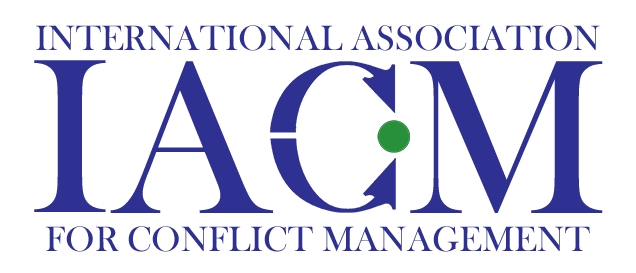Full Program »
When Negotiators with Honest Reputations are Less (and More) Likely to be Deceived
Keywords: deception, reputation, negotiation
Abstract: The current research examines negotiators’ deception behaviors towards unfamiliar counterparts with varying creditable reputations– specifically, proficient, friendly, and honest reputations. We primarily differentiate between honest and friendly reputations, which are both seemingly cooperative, and often tangled in the negotiation literature. Three experiments employing varied methods reveal that negotiators are less likely to deceive unfamiliar counterparts with honest compared to friendly (or proficient) reputations. This effect is mediated by greater anticipated feelings of guilt when deceiving presumably honest counterparts and is moderated by negotiators’ a-priori deception tendencies. Importantly, we also find that honest reputations can backfire. When counterparts’ honest reputations are incongruent with their inherent deception tendencies, they elicit increased deception and attain less efficient negotiation outcomes. These findings point to the advantage of having a candid honest negotiator reputation along with the risk of having a false one.
